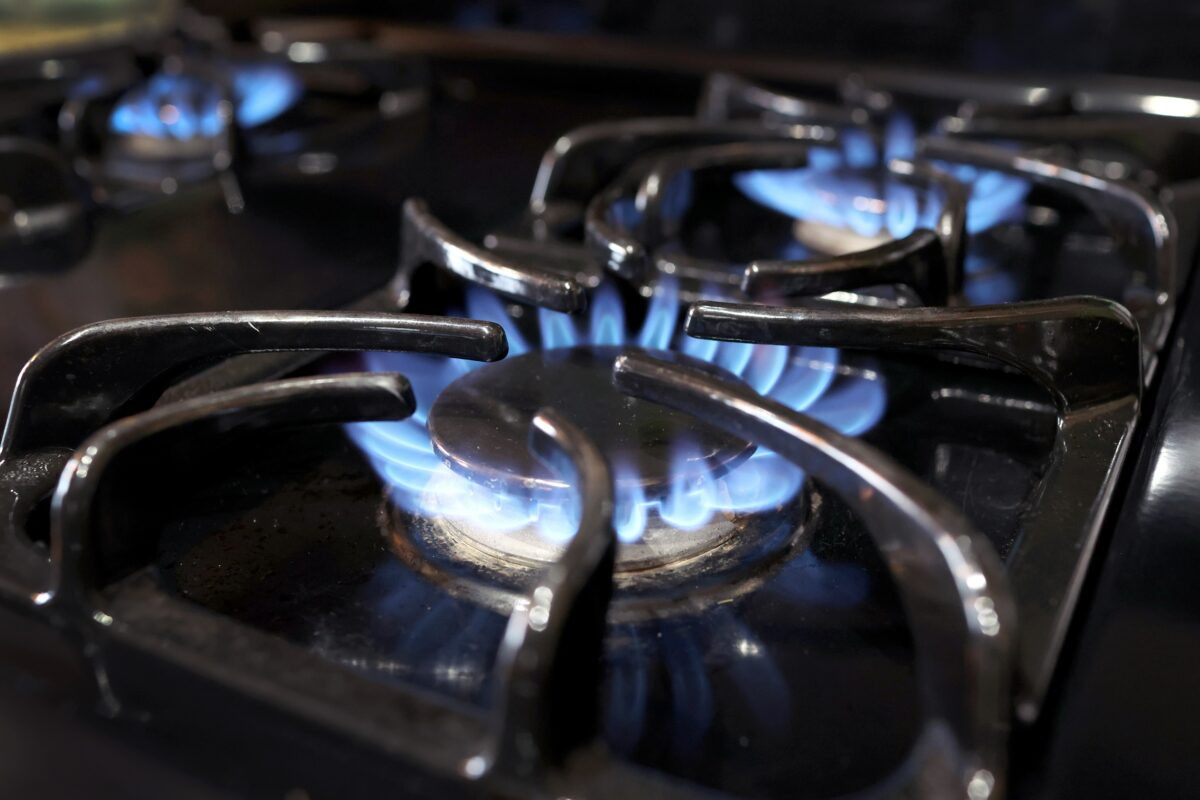

Two senior Department of Energy (DOE) officials refused to testify during a May 24 hearing before the House Oversight Subcommittee on Economic Growth, Energy Policy, and Regulatory Affairs regarding the Biden administration’s proposed rule on gas stoves.
The hearing was titled “Consumer Choice on the Backburner: Examining the Biden Administration’s Regulatory Assault on Americans’ Gas Stoves.”
Alejandro Moreno, the acting assistant secretary for DOE’s Office of Energy Efficiency and Renewable Energy, and Carolyn Snyder, the office’s deputy assistant secretary, did not attend the hearing despite being asked to testify.
They cited the ongoing rule-making process surrounding their new appliance efficiency standards as the reason for the failure to attend, according to Subcommittee Chairman Rep. Pat Fallon (R-Texas).
The failure to testify marks the second time in a week that Biden administration officials have refused to appear before the subcommittee.
Fallon took aim at the department’s no-shows during the hearing, saying they “ought to be here at this hearing to answer questions about rule-making on gas stoves.”
“What are they hiding?” Fallon asked. “Why are they afraid to come and answer questions about one of [the department’s] own priorities before the elected representatives of the people?”
Fallon said he and Oversight Committee Chairman James Comer (R-Ky.) sent a letter (pdf) to Geraldine Richmond, under secretary for science and innovation at the DOE, asking her to provide testimony at another hearing on the issue of gas stoves slated for July.
The letter notes the subcommittee’s disappointment that the DOE officials refused to appear at the May 24 hearing, adding that committee members are “concerned by the lack of transparency and cooperation demonstrated by the Department and the Biden Administration regarding proposed rules which could significantly affect consumers.”
In an updated analysis (pdf) published later in February, the DOE said that nearly half of gas stove models currently being sold on the market wouldn’t be in compliance with the new efficiency standards.
According to the Energy Information Administration, about 38 percent of U.S. households use natural gas for cooking, which works out to roughly 40 million gas stoves, although their usage increases to about 70 percent in states such as California and New Jersey.
According to the American Gas Association, which has criticized the proposed rule, natural gas utilities have reduced greenhouse gas emissions by 69 percent since 1990, and they help homeowners reduce their carbon emissions 1.2 percent every year.
Along with new standards for gas stoves, the DOE is seeking to set new energy-efficiency standards for refrigerators and washing machines as well as other household appliances.
The move has sparked widespread concern among industry experts and Republican lawmakers who fear the new standards will increase costs for manufacturers and consumers at a time when energy prices have skyrocketed.
Earlier in May, Sen. Joe Manchin (D-W.Va.) blocked one of Biden’s nominees to lead the DOE’s Office of Energy Efficiency and Renewable Energy from further consideration, citing his concerns over the proposed stove efficiency rules.
Despite the ongoing concerns about the consequences of the newly-proposed rules, the White House has repeatedly denied that it plans to ban gas stoves.
The Epoch Times has contacted the Department of Energy for comment.
![Enjoy the [Road] Show Travel Mug with Handle, 14ozEnjoy the [Road] Show Travel Mug with Handle, 14oz](https://georgemagazine.com/wp-content/uploads/2024/08/479070202831754764_2048-300x300.jpeg)



Discount Applied Successfully!
Your savings have been added to the cart.